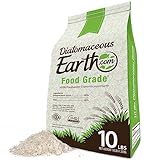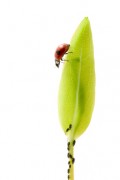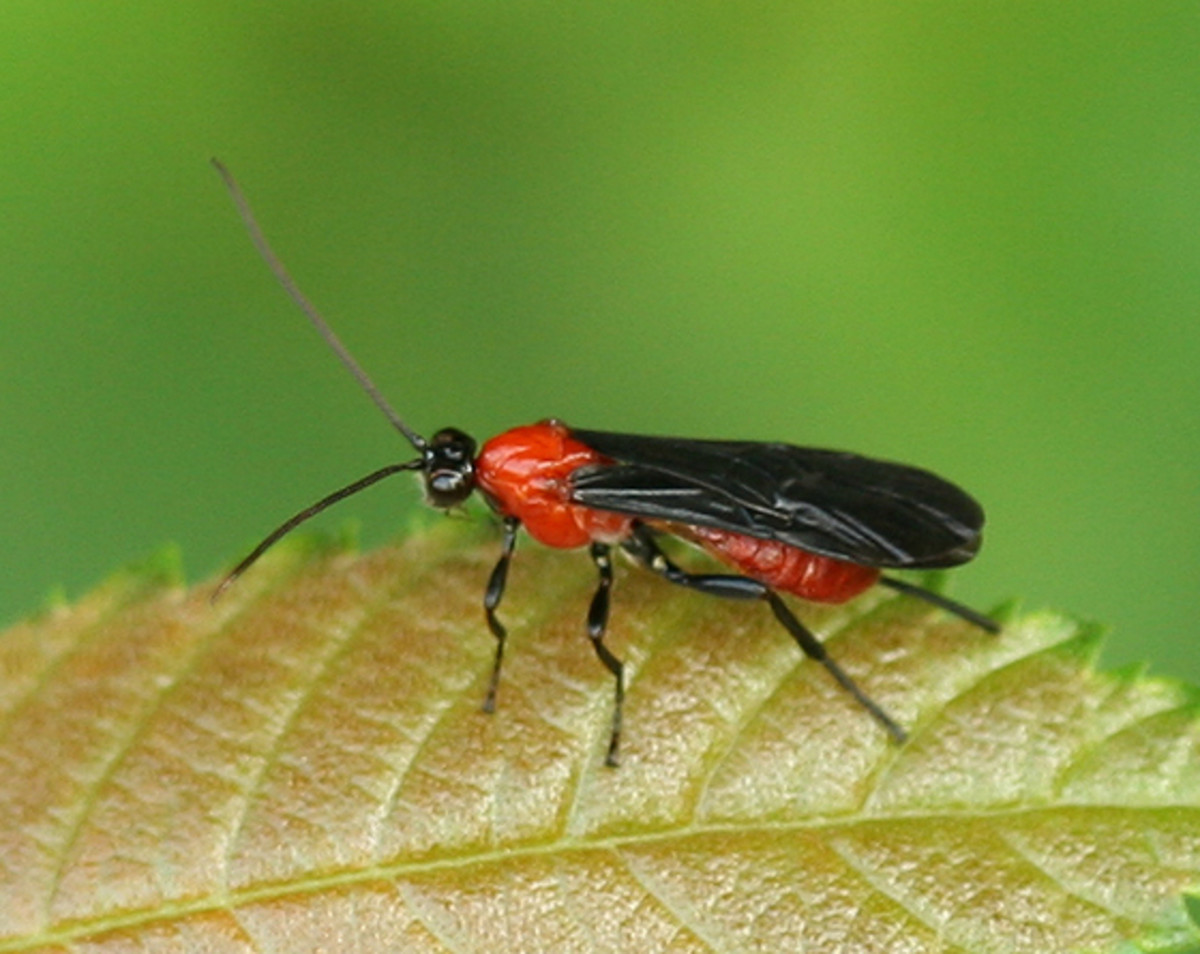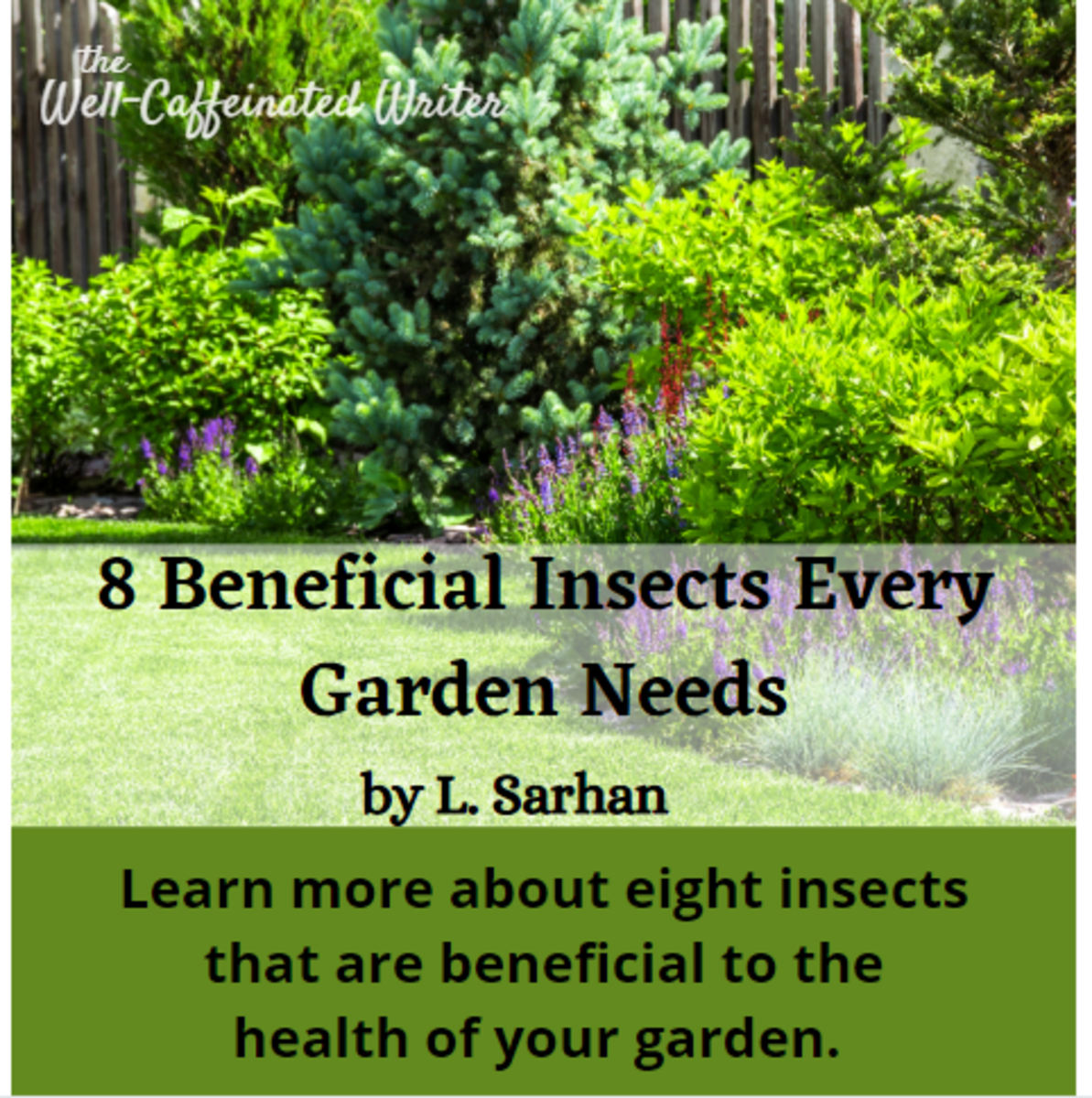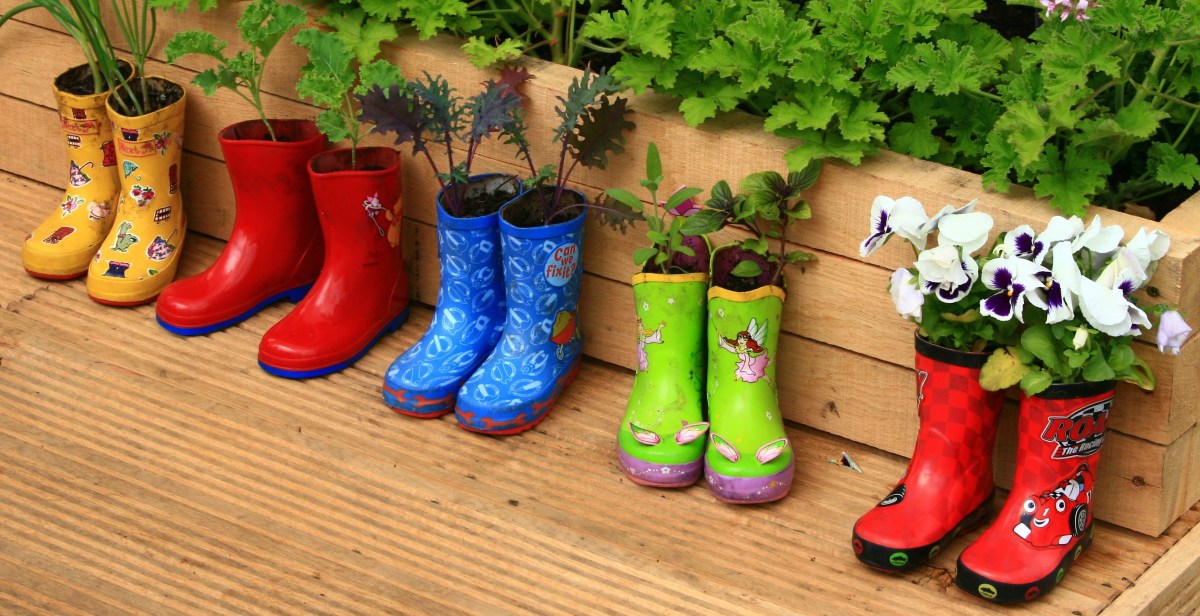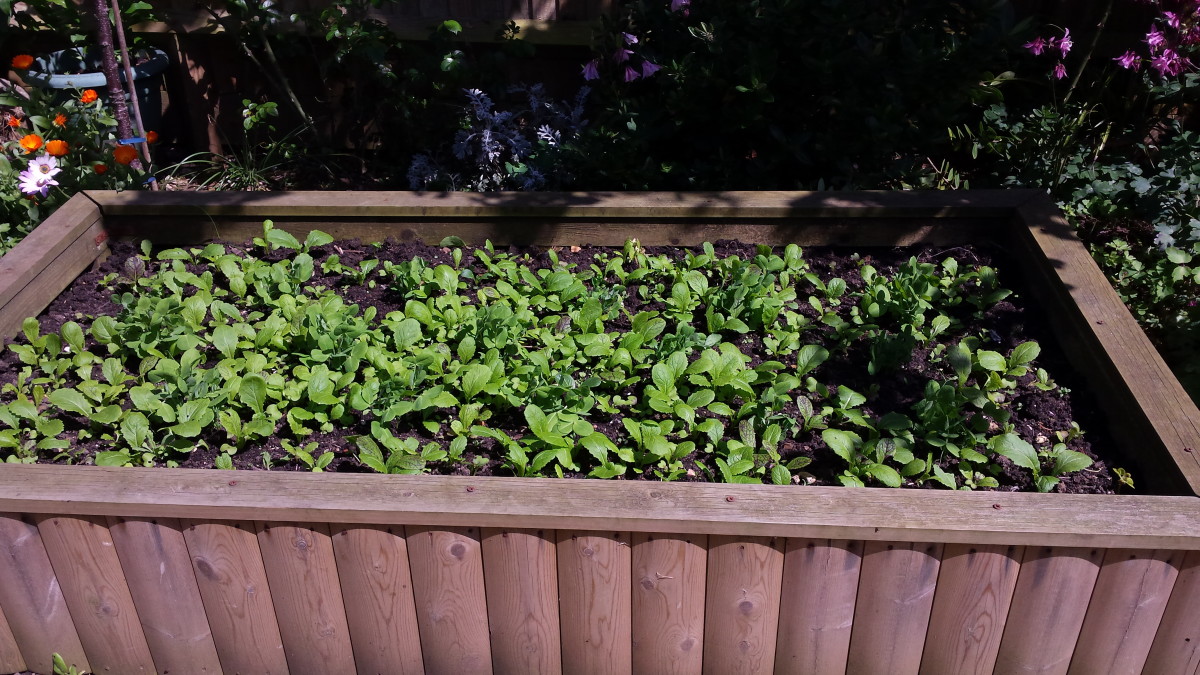Pesticides: Don't Kill the Good Guys
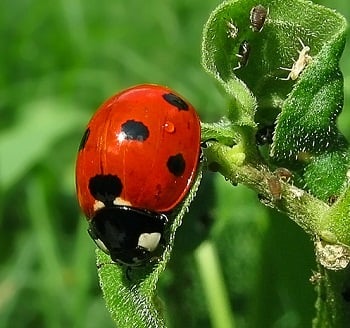
Pesticides: Dream Scenario or a Nightmare?
Pesticides - are they the answer to the problem of pests or do they cause as many problems as they solve?
Imagine waking up one morning and discovering that all the insects and other pests in your garden have disappeared forever - no more slugs and snails, aphids, lily beetles, caterpillars and all those other creatures that chomp their way through your flowers, vegetables and fruit. It sounds like a dream come true, doesn't it?
Now comes the nightmare - the force that took out the pests has made all the other insects disappear too. Imagine your garden without bees, hoverflies, butterflies, ladybugs, dragonflies and other beneficial or harmless creatures.
Would it really matter if we didn't have them in our gardens? Wouldn't the benefits of getting rid of slugs outweigh the loss of butterflies, beautiful as they might be?
What would the practical consequences be if we lost the beneficial insects as well as the pests?
Without nectar feeding bugs, we would lose numerous garden and wild flowers, fruit and vegetables.

Larger Animals Suffer Too - Birds, Slugs, Toads, Field Mice, Voles and Many Others
Many species of birds depend on insects for food and, of course, they feed them to their young. Although the more immediately toxic pesticides have been banned and so fewer birds and other species than in the past are suffering directly from pesticide poisoning, the aggressive use of pesticides reduces the number of insects available for food.
Some birds, frogs and toads help keep the slug and snail population under control. Chemical slug pellets can poison these creatures if they eat them after they have been killed by pellets.
When it Comes to Pesticides, Birds are Sitting Ducks
- When it Comes to Pesticides, Birds are Sitting Ducks - Smithsonian Migratory Bird Center
Author: Mary Deinlein, Publication Date: January 1, 1998. For more information of the effect of of pesticides on birds, read When it Comes to Pesticides, Birds Are Sitting Ducks from the Smithsonian National Zoological Park.
The Great Classic Book that Revolutionized Environmentalism
Consequences of the Loss of Insects
Certainly from the way that some of us use pesticides, it appears that there are people who feel that losing all insects, good and bad, would not matter. We might not have pesticides with a one hundred per cent kill rate, but those we do have can achieve a dangerously high body count given the right circumstances and this could have serious long term consequences, not only for our own gardens, but for the whole planet.
Without bees and butterflies and other nectar feeding bugs that incidentally pollinate plants as they carry pollen on their bodies from one flower to another, we would lose numerous garden and wild flowers. Many types of fruit and vegetables would also disappear without this kind of pollination.
If we kill off beneficial insects and bugs, we could see an increase in the destructive kind. Ladybugs, hoverflies and lacewings prey on aphids and help to keep them under control. Reduce the numbers of these kinds of creatures and aphids have fewer natural predators. It isn't only aphids that are controlled naturally: parasitic wasps and damsel bugs prey on the larvae of many different pests, ground beetles eat slugs and grubs, while pirate bugs eat a whole range of pests and these are just a few examples.
The populations of beneficial insects are often smaller than that of their prey. You don't see swarms of ladybugs, but you do see large numbers of aphids on each affected plant. The number of aphids helps control the population of ladybugs - fewer aphids, not enough food to support a larger number of ladybugs. Unfortunately, if the number of ladybugs is drastically reduced, then the aphid population has a chance to explode.
The Consequences of Losing Pollinating Insects
- Could Disappearing Wild Insects Trigger a Global Crop Crisis? | Science | Smithsonian
Three-quarters of the world’s crops—including fruits, grains and nuts—depend on pollination, and the insects responsible are disappearing
Are we really poisoning the streams around our homes? - Don't Forget Aquatic Species
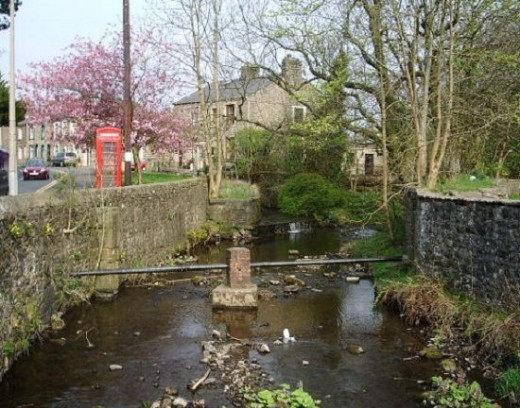
We may not realize that when we spray our garden plants with pesticides, some residue stays in the soil. When there are heavy rainstorms, this can be washed into rivers and streams. The University of California says that this pollution disrupts the aquatic food pyramid principally by killing a tiny invertebrate called Ceriodaphnia which, in turn, has an impact all the way up the food chain.
A Tiny Nymph Indicates Water Quality
- Water Quality: Impact on Ceriodaphnia—UC IPM
Information on pesticdes and water quality in homes, gardens, landscapes, and turf from UC IPM.
Organic Gardening Product
Using Pesticides
If you have to use pesticides, the most important thing is to follow the instructions on the pack. Don't think that if it says mix one capful in one gallon of water, two or three capfuls will be better.
Never spray insecticides during the daytime. You should always do it in the evening when ladybugs, butterflies, bees and other beneficial insects are no longer flying.
Avoid using pesticides in dust form. The dust sticks to the hairs on the bodies of insects like bees and other colony living insects who then take it back to their nests and hives, causing further deaths.
Best of all, don't use pesticides.
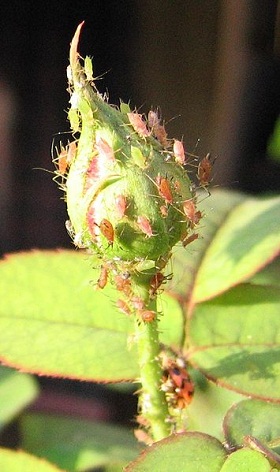
10 Simple Organic Methods of Pest Control
1. Use water to rid your plants of infestations of aphids. Turn on your hose so you get a fierce jet of water (not so strong it breaks plants) and wash them off.
2. A solution of soap and water will also get rid of aphids.
3. Use a mixture of soap and water over plants that are being attacked by slugs. This should discourage them.
4. Use broken egg shells, sharp sand or gravel around tender plants to deter slugs and snails. They just don't like to crawl over this kind of thing.
5. If you have a problem with flea beetles on some plants, put onion or mint next to them. The flea beetles apparently don't like the smell.
6. If your plants are infested with red spider mite, stop the plants dehydrating by giving them a gentle spray of water in the evenings. A more moist atmosphere should get rid of this pest.
7. Plant garlic near anything suffering from red spider mite to deter the pests.
8. The herb borage planted near tomatoes and cabbages will deter tomato hornworms and cabbage worms
9. Plant catnip to deter a whole range of pests including aphids, ants, squash beetles, weevils and flea beetles.
10. Use citrus fruit peel as a pesticide. Take the peel of one orange and pour 2 cups of boiling water over it. Leave it to soak for 24 hours then strain off the water and dispose of the peel. Spray the citrus water on to aphids also can be used on ants nests.
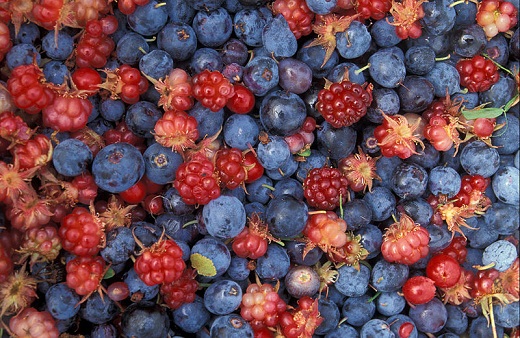
A Good Reference Book on Organic Gardening
The Advantages of Organic Gardening
There are so many reasons for not using pesticides. They range from worries over the long term effects on human health to the lack of biodiversity that result from their use.
Perhaps we should also consider why we want a garden. Even if we grow our own fruit and vegetables, most of us are not economically dependent on a big crop. Surely most of us enjoy our gardens because it puts us in touch with nature which we can enjoy in many ways, including the animals, birds and insects we see there. I know that I would feel a great sense of loss if I could no longer watch birds, butterflies, ladybugs and the myriad of other animals and insects that currently use my garden.
If we garden organically, without the use of pesticides, we know that our own fruit and vegetables are safe to eat with no noxious chemicals used to produce them.
Ladybird (ladybug)
Organic Pesticides - Really - Don't kill the good guys
Many pesticides are formulated so they can be used safely on fruit and vegetables and some are also made to target specific pests.
Even so, I personally will not use pesticides on anything we eat. That's one of the great advantages of growing your own fruit and vegetables - they are free of chemicals. If none of the organic methods I outlined above work, I will sacrifice the plant to the pests or, more likely, dig it up and put in something more resistant to attack.
© 2008 Carol Fisher


